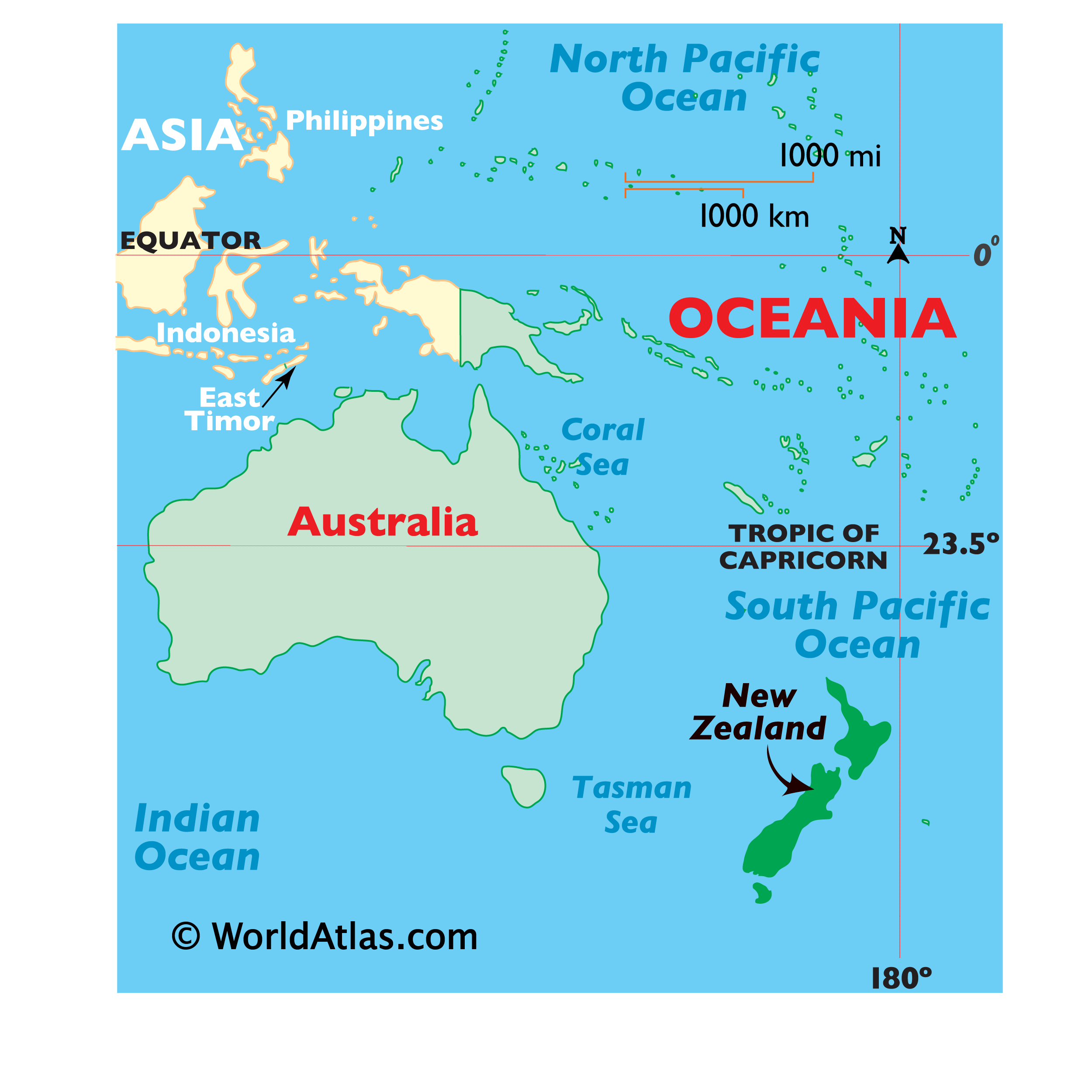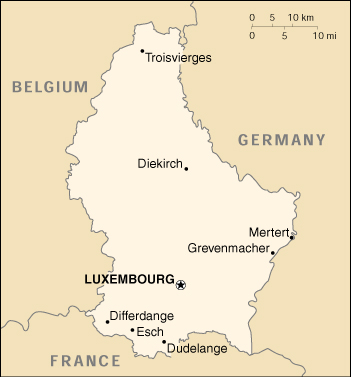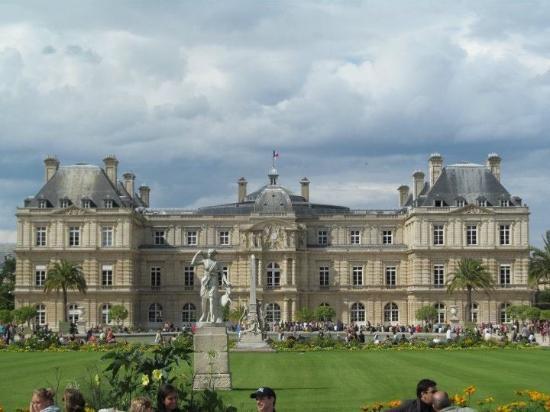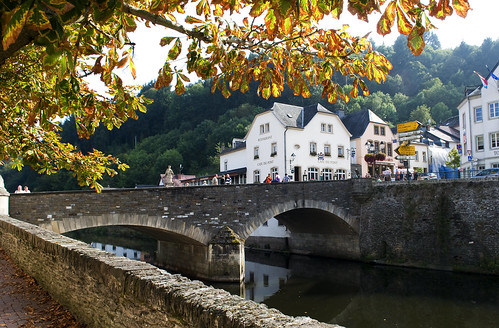Years ago, I was
temporarily working for a company that graded standardized tests where I met a
guy who was a student from New Zealand. It was the first time I ever met
someone from New Zealand. I don’t even remember his name, but I do remember
that once he told me in his lilting accent, “Well, I’m going to just step out a
minute for a fag.” I’m pretty sure I stared at him for an embarrassingly long
minute. I began to wonder if all Kiwis were so bold, but then something in the
back of my mind remembered that fag was a slang term for cigarette (the perks
of being well read). He saw the look on my face and confirmed what I thought
was correct. Yes, we both speak English, but there are obviously clear
differences that can cause some major confusion.
The country was
originally named after the Dutch province of Zeeland (Nova Zeelandia) when Abel
Tasman first came across the islands. It wasn’t until the British explorer
James Cook decided to Anglicize its name to what we’re more familiar with
today. The Maori name for the country is Aotearoa, which loosely translates to
“land of the long white cloud.”
New Zealand is
located in the South Pacific Ocean, southeast of Australia. It’s separated from
Australia by the Tasman Sea. Directly to the south lies Antarctica, and to the
north are the islands of New Caledonia, Vanuatu, Fiji, and Tonga. The
International Date Line lies to the east of New Zealand. And although the
country consists of the two main islands (aptly named North Island and South
Island), there are several other smaller islands that are a part of the country
as well. The terrain varies between mountains, rolling hills and plateaus, and
beaches. They generally enjoy a temperate climate, and because of its
isolation, it’s known for its biodiversity.
The earliest people
to arrive here more than likely were Eastern Polynesians. The islands were
among some of the last major places to be inhabited. They actually weren’t
there too long (roughly 350 years) before the first Europeans arrived. The
Dutch (under Abel Tasman) were the first to arrive, and then the British (under
James Cook) were to follow. Other European and North American ships stopped by;
it was mostly for whale/seal hunting and trade purposes. It wasn’t always a
friendly stop either; skirmishes occurred between the Maori and the foreigners.
However, there was a certain amount of trade that went on between them. During
the 19th century, Europeans brought Christianity to the Maoris. They
also brought along diseases that the Maoris had no immunity to whatsoever. The
British already had control over Australia, so it was nothing to take in New
Zealand as well. It eventually became a colony and worked to become
self-governing. In 1893, they became the first country in the world to actually
pay attention to women’s suffrage and give them the right to vote. In the
following years, they would be the first to adhere to an obligatory arbitration
between the unions and employers as well as offer old-age pensions. New Zealand
would become the Dominion of New Zealand in 1907 and would rule that the
British could no longer legislate for the country a few decades later. Throughout
the 20th century, the Maoris fought for the preservation of their
culture and language as New Zealand increasingly became more Eurocentric. As
the country rose to a first-world country status, it began to use its influence
in world affairs.
Contrary to what
many think, the capital city is not Auckland. It’s understandable to think
that, though, because Auckland is the largest city. However, the capital city is
the more centrally located Wellington, the southernmost national capital in the
world. It’s located on the southern tip of the North Island and nestled in
between Wellington Bay and the Rimutaka Mountain Range. Despite its smaller
size (est. population 405,000), it’s rife with cultural arts, sports, cuisine,
higher education, museums, and commerce on top of being the center for
government and media. It often makes the top cities lists and coolest capital
city lists. Wellington is famous as a film location for several top-grossing
films such as Lord of the Rings, The
Hobbit, Avatar, and King Kong.
New Zealanders use
the New Zealand dollar, which is also used on a number of other islands (Niue,
Tokelau, Cook Islands, and Pitcairn Islands). Their high-income economy gives
them a certain amount of economic stability. Traditionally, they depended on
agriculture and sea-related sectors (fishing, whaling, sealing). Because
they’re an island nation, they depend on international trade, especially in
food (like kiwifruit) and other agricultural products. Dairy farming and sheep
farming has long been an important part of their economy, and New Zealand
depends on wool as one of its major exports. The Kiwis also have a sizeable
wine industry as well.
 |
| The Anglican Church of New Zealand |
Although in the
past, Christianity has been a dominant religion (and still holds a historical
importance for some), New Zealand has grown to be one of the most secular
countries in the world. In the 2013 census, nearly 42% of the people reported
not having a religion. Of those who identify as Christian, the largest
denominations include Roman Catholic, Anglican, Presbyterian, and
nondenominational Christian (along with two Maori religions that are also
considered Christian: Ringatu and Ratana. And because of its location in
Oceania, there are also smaller numbers of Muslim, Buddhist, and Hindu
populations throughout New Zealand as well.
The vast majority
of the people speak English; it’s close to Australian English with a few minor
differences in vowel shifts and probably some vocabulary. During the mid-20th
century, Maori were discouraged from speaking their own language in schools,
businesses, and government; however, it was given the status of an official
language in 1987. There are many areas where there are bilingual signs in both
English and Maori. Other languages spoken here include Samoan, Hindi, “Northern
Chinese,” French, and New Zealand Sign Language (which was actually included as
an official language in 2006).
 |
| That name, though. |
New Zealand has
long been ok with doing its own thing. It’s a great place for being outdoors,
and its scenery definitely doesn't disappoint. It’s quirky and has its own
weird things and list of firsts. I’ve been looking for a few reasons to move
there, and here are a few of my favorites: 1)
About 5% of its population are humans, and the other 95% are animals (which is
good for animal-loving introverts). 2)
New Zealand is one of the least corrupt countries in the world (and they don’t
have Trump). 3) There are no land
snakes (need I say more?). 4) No
matter where you are, you’re always less than 80 miles from the sea. 5) About 1/3 of the country consist of
protected national parks. 6) At one
time (ok, like in 1990), the prime minister actually appointed a National
Wizard (I’m somehow ok with this). 7)
They are really into rugby. 8) There
are no nuclear power stations. 9)
The national bird and logo for the Air Force is the kiwi, a flightless bird. 10) They have places where you can stay
in hotels designed to look like Hobbit houses.
Up next: art and
literature












